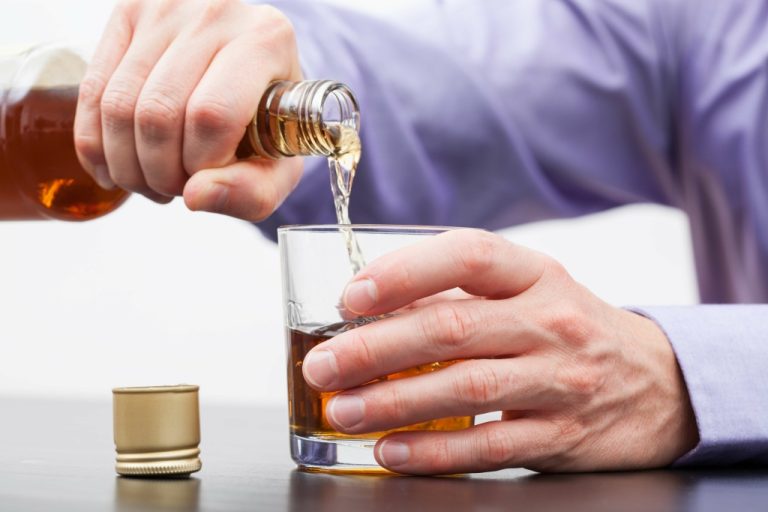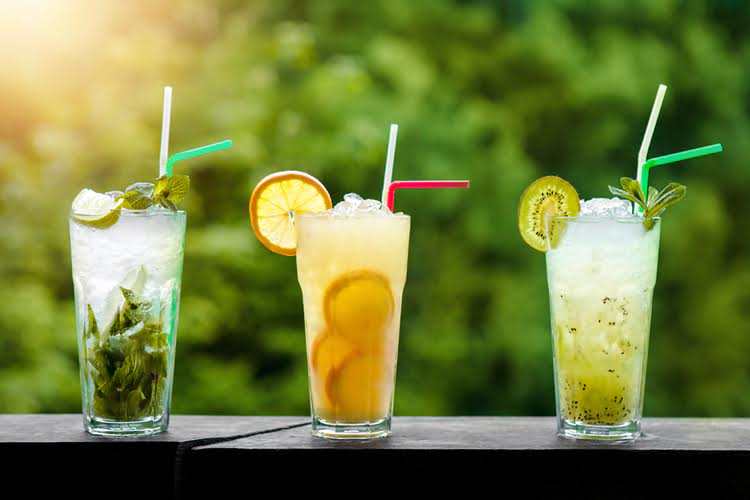Alcohol affects your brain, making you feel relaxed in a small amount of time. As you drink more, you become intoxicated and unsteady, and you might do or say things you normally won’t. Women are more than twice as likely https://accountingcoaching.online/arrest-of-boston-sober-home-operator-raises/ to start drinking heavily if they have a history of depression. Experts say that women are more likely than men to overdo it when they’re down. Crystal Raypole has previously worked as a writer and editor for GoodTherapy.
- Increasing evidence indicates that heavy alcohol use may interfere with depression treatment.
- The evaluation consists of 11 yes or no questions that are intended to be used as an informational tool to assess the severity and probability of an AUD.
- Medical professionals who practice in rehab centers are trained to understand depression as a symptom of alcoholism.
- Drinking alcohol over a long period can severely limit the mind’s ability to regulate serotonin and dopamine without alcohol in the system.
- In these, you can also find support from others in the same situation.
- Alcohol can make depression worse and increase the side effects of some antidepressants.
Maybe you tossed and turned, had bizarre dreams, or woke up with your heart racing. Lower-than-normal levels of these important chemical messengers can temporarily affect your speech, coordination, and energy. Drinking activates the reward system in your brain and triggers dopamine release, so alcohol often seems to have a stimulating effect — at first.
Medication
Taking some time for productive relaxation can also help ease feelings of depression. Spending time in nature can also have health benefits, including improving your mood. If the sun is out, that’s even better — sunshine can trigger the release of serotonin, which can help relieve depression. It’s more likely to worsen negative mood states, along with physical health. Treatment often includes an integrated approach to simultaneously address both alcohol use disorder and depression.
Also, teens who’ve had a bout of major depression are twice as likely to start drinking as those who haven’t. When other factors beyond alcohol play into your mood, however, feelings of depression might persist even after your hangover improves. Depression is a common and serious mood disorder, which can impact your thoughts, feelings, and behaviors.
Prescription Medication for Depression
Using alcohol to combat depression symptoms not only makes the depressive symptoms worse but also increases the risk of suicidal thoughts and life-threatening actions. If you’re being treated for both depression and alcohol abuse at the same time, however, you should How To Clean Your System From Alcohol In 24 Hours? be careful about combining antidepressants and alcohol. SSRIs are shown to increase some people’s desire to drink.14 Alcohol can also worsen the side effects of antidepressants, which include dizziness, drowsiness, insomnia, blurred vision, headaches, and more.

“Alcohol is known as a depressant because it slows down brain and nervous functioning,” explains Rosenthal. “In addition, alcohol can depress the levels of mood regulating neurotransmitters in the brain, such as serotonin and norepinephrine,” he adds. If you experience symptoms of depression for most of the day, every day, for a few weeks, the NHS advises you to contact your GP surgery to get help. And if you’re worried about your drinking, there are alcohol support services that can help. But with the right treatment and support, most people with depression can make a full recovery. Long-term heavy drinking can also cause permanent changes to the brain, such as problems with understanding, remembering, and thinking logically.
How alcohol can affect your mood
Alcohol is a sedative and a depressant that affects the central nervous system. If you are concerned that you or someone you care about has a problem with alcohol there is a lot of help available. Here you can find useful links and phone numbers to get the support you need. Remember to tell https://g-markets.net/sober-living/alcohol-tolerance-wikipedia/ them about how much you drink or, if you’ve stopped, how long you’ve been alcohol-free. Your GP may recommend a talking therapy such as counselling or CBT (Cognitive Behavioural Therapy), or a self-help group. Some medications shouldn’t be mixed with alcohol as this might make you sick.
